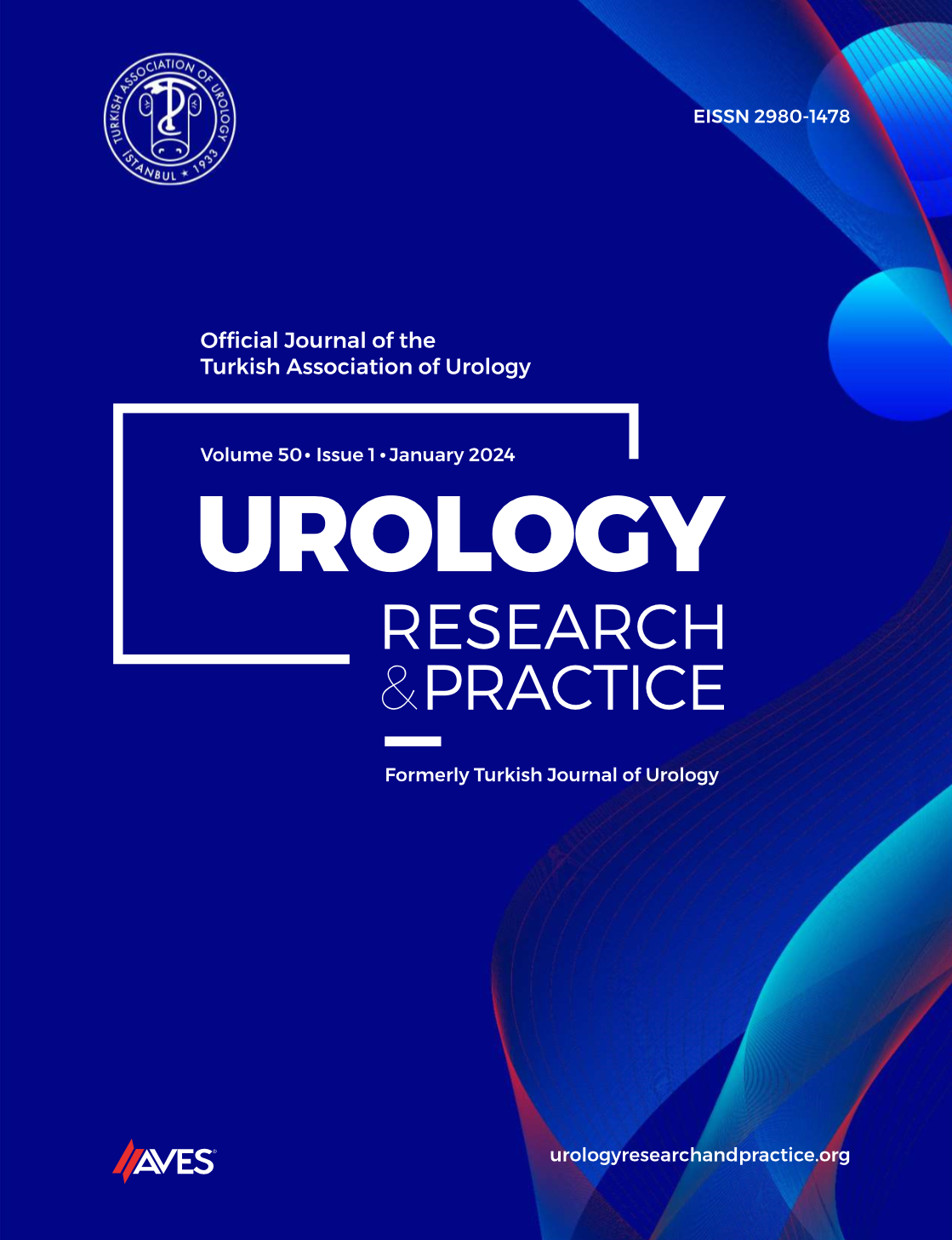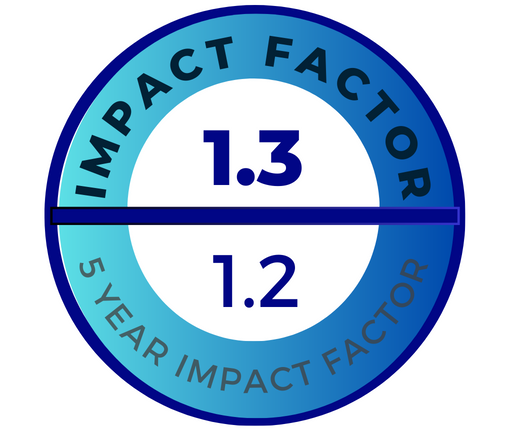Abstract
Objective: We aimed to determine the presence of concomitant chronic prostatitis in patients with benign prostatic hyperplasia (BPH) who underwent prostate biopsies because of elevated levels of serum prostate specific antigen (PSA).
Materials and methods: Between August 2008 and January 2010, 229 patients underwent 12-core prostate biopsy because of elevated PSA levels. The correlation between the patients’ characteristics and histopathology examination of biopsy specimens was evaluated.
Results: After histopathological evaluation, prostate adenocarcinoma was detected in 77 patients (35.9%). Of the patients with benign biopsy results, 92 patients (42.9%) were diagnosed with BPH, while chronic prostatitis and BPH were detected in 60 patients (28.0%). BPH patients were classified according to PSA levels: between 4.0-10 ng/mL (Group 1, 102 patients) and ≥10 ng/mL (Group 2, 50 patients). The incidence of coexisting chronic prostatitis was higher in Group 2 (29.4% vs. 60.0%). In Group 1, patients with concomitant chronic prostatitis were significantly older than patients without prostatitis (p=0.036). Moreover, patients’ characteristics, such as age, total PSA, free PSA, free PSA percentage, and prostate volume were compared between BPH patients with and without chronic prostatitis, and only the total PSA level was significantly different (p=0.002).
Conclusions: High PSA levels do not invariably indicate malignant prostatic disease. The risk of coexisting chronic prostatitis is higher in BPH patients with levels of PSA ≥10 ng/mL.

.png)


.png)